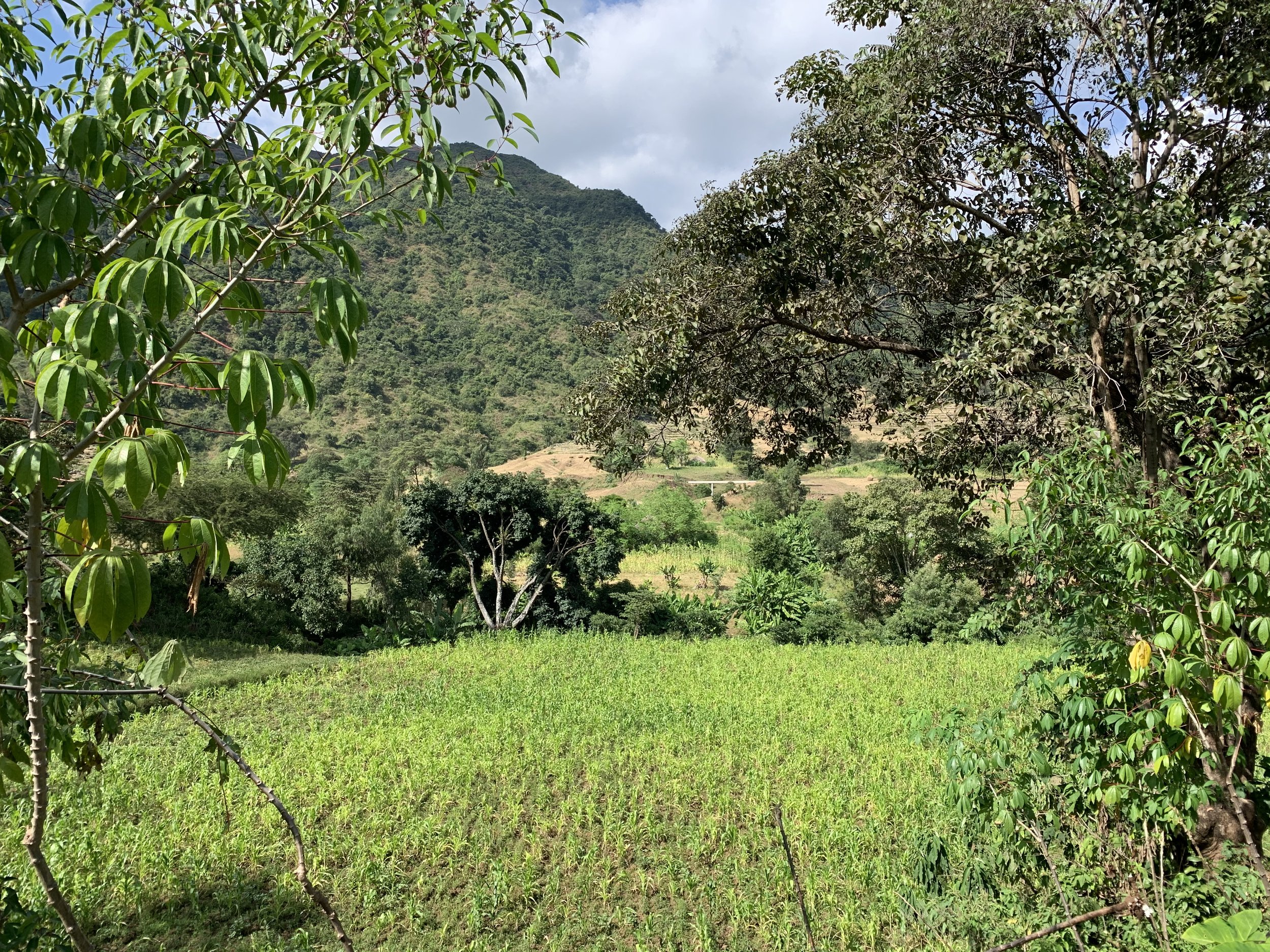
Our AGROSYSTEMS ARE TRANSITIONING
Climate change FORCES SMALLHOLDERS TO INCREASE THE RESILIENCE OF THEIR AGROSYSTEMS
Because farmers are facing increasing risks due to erratic rainfalls and rising average temperature, they need to revise and optimize their agrosystems to make them more resilient. While various options can be considered and implemented in high-input agrosystems due their access to intensive research-enabled solutions, low input agrosystems have limited options for adaptation. The generation of crops with improved traits often represents a valuable option to maintain or increase production in stress-prone environments. With good stewardship, improved crops also offers an efficient solution for farmers with limited access to fertilizers and protection measures against pests and diseases. Plants can be genetically improved to use nutrients more efficiently as well as to better cope with pathogens, thereby limiting the use of fertilizers and pesticides. This is particularly important for the so-called “orphan” crops whose genetic improvement has been constrained by a lack of investment and/or the difficulty to use conventional breeding methods (i.e. high heterozygosity, sterility, long biological cycle).
Crop improvement is a cornerstone for the transition of our agrosystems towards more efficient and eco-friendly food production.
Aggregated global water security index indicates that agrosystems and subtropics will be increasingly challenged by climate change (Source: IPCC)
NOVEL SEQUENCING AND GENOME EDITING TECHNOLOGIES HELP UNTAPPING THE FULL POTENTIAL OF GENETIC DIVERSITY
Novel sequencing technologies offer unique opportunities to characterize the the genetic diversity of plants. While the transition of agrosystems calls for crop plants that be productive with less input, the genetic diversity offers a unique opportunity to identify genomic regions and gene(s) associated with traits of interest by high-throughput sequencing. Introgression of improved and novel traits (disease resistance, nutrient use efficiency, abiotic stress resistance, enhanced nutritional value) can then be achieved conventional breeding and speeded up by marker-assisted selection. Recent progress in genome editing techniques is also key as it enables the rapid generation of improved traits in varieties and landraces whose characteristics have been selected through domestication and selection by farmers, breeders and consumers since the initiation of agrosystems several thousands of years ago.
Advances in sequencing technologies are also instrumental to profile the evolution of pathogen populations and to monitor the impact of Integrated Pest Management (IPM) measures on pathogens, including the deployment of disease-resistant crop varieties.
The Tropical Crop Improvement Lab hosts the World largest collection of banana. Over 1700 genotypes are stored at KU Leuven and made available to stakeholders and researchers.


